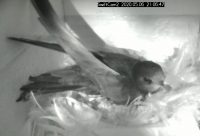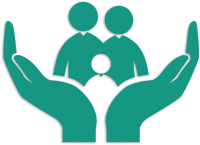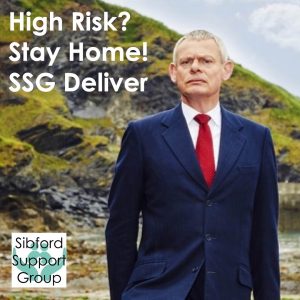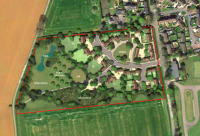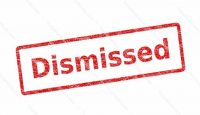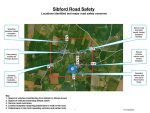“Good morning, I'm calling from the NHS track and trace service. According to our system, you are likely to have …
“Good morning, I’m calling from the NHS track and trace service. According to our system, you are likely to have been in close proximity to someone who has tested positive for COVID-19. This means that you now need to self-isolate for 7 days and take a COVID-19 test.”
“OK. Can you tell me who that person was?”
“I’m not able to tell you that. That is confidential information.”
“Right. Um… so…”
But you do need to be tested within the next 72 hours. So can I just get the best mailing address so that we can send a kit to you?”
“OK (gives address)”
“Thank you – and I just need to take a payment card so that we can finalise this and send the kit to you.”
“Sorry – a payment card? I though this was all free?”
“No – I’m afraid not. There is a one-off fee of £50 for the kit, and test results. Could you read off the long card number for me, please, when you’re ready.”
“No – that’s not right. This is part of the NHS so there’s no charge.”
“I’m afraid there is. Can you give me the card number please – this is very important, and there are penalties for not complying.”
Puts phone down.
This is how scammers work. And vulnerable people will fall for it.
Read government guidance on how Track & Trace really works. Keep in mind that contact tracers will never:
- ask you to dial a premium rate number (for example, those starting 09 or 087)
- ask you to make any form of payment or purchase a product or any kind
- ask for any details about your bank account
- ask for your social media identities or login details, or those of your contacts
- ask you for any passwords or PINs, or ask you to set up any passwords or PINs over the phone
- disclose any of your personal or medical information to your contacts
- provide medical advice on the treatment of any potential coronavirus symptoms
- ask you to download any software to your PC or ask you to hand over control of your PC, smartphone or tablet to anyone else
- ask you to access any website that does not belong to the government or NHS.

